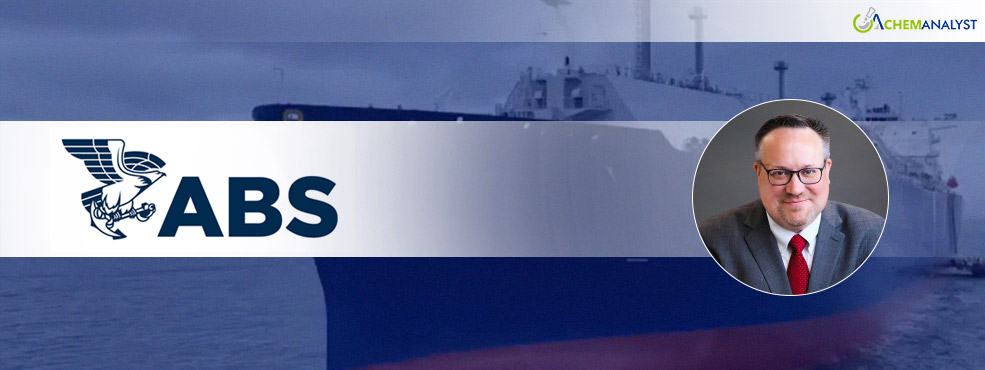Welcome To ChemAnalyst

Ammonia-fueled gas turbines are emerging as a significant green energy alternative for maritime applications, addressing the need for more sustainable fuel sources in shipping. Hanwha Ocean, a prominent player in South Korea’s maritime industry, is making significant progress on its ambitious project to develop a 174,000 cubic meter LNG carrier. This vessel will feature an innovative electric propulsion system powered by a dual-fuel gas turbine capable of utilizing both ammonia and natural gas.
The project was initially unveiled at the Gastech 2023 event in Singapore, where it garnered significant attention and received an Approval in Principle (AiP) from the American Bureau of Shipping (ABS). This approval is crucial as it marks a key step in validating the design and safety of the proposed systems.
Central to this project is the gas turbine designed by Hanwha Power Systems. This turbine incorporates advanced technologies that significantly enhance overall efficiency, including an exhaust gas heat recovery power generation system. This system utilizes supercritical carbon dioxide (sCO2) as a working fluid, representing a cutting-edge approach to improving energy conversion efficiency. The sCO2 system has also received an ABS AiP, highlighting its innovative design and operational potential.
The development of this ammonia-fueled LNG carrier is progressing smoothly, with ABS recently completing a thorough safety evaluation concerning ammonia dispersion aboard the vessel. In collaboration with Hanwha Ocean, ABS utilized advanced computational fluid dynamics (CFD) simulations to model various scenarios related to ammonia release due to potential accidental leaks. These simulations considered leakages from critical areas such as the engine room, pipelines, and bunkering stations, resulting in one of the most comprehensive studies of its kind in the maritime industry.
The outcomes of the analysis confirmed that the design meets the applicable ABS Rules, specifically regarding the toxicity and risks associated with ammonia gas accumulation. The detailed, three-dimensional simulations provided insights that will assist Hanwha Ocean in refining essential safety measures, including the optimization of ventilation systems, strategic placement of vent masts, control of gas release speeds, and the positioning of air intakes in manned spaces. This optimization is vital for enhancing safety and reducing the potential risks as the project advances into the detailed design phase.
Additionally, ABSG Consulting Inc., a subsidiary of ABS renowned for its expertise in risk management, conducted a quantitative risk assessment. This assessment offers critical insights into the likelihood of incidents and identifies potential hazards related to ammonia use. The findings will empower Hanwha Ocean to craft robust risk mitigation strategies, ensuring a proactive approach to safety as they move forward.
Patrick Ryan, Senior Vice President and Chief Technology Officer at ABS, highlighted the significance of this project, stating, “This initiative allows ABS to merge its world-leading modeling and simulation capabilities with our extensive knowledge of ammonia as a marine fuel.” He emphasized that understanding ammonia's behavior in the event of a leak is essential for its wider adoption in the shipping industry. The insights gained from this study will enable Hanwha Ocean to further refine its design, pinpointing areas for enhancement and ensuring the mitigation of potential risks.
Overall, the collaboration between ABS and Hanwha Ocean not only exemplifies a significant step toward the adoption of ammonia as a viable marine fuel but also reinforces the maritime industry’s commitment to reducing its carbon footprint. As the shipping sector increasingly seeks sustainable solutions, projects like this one represent a pivotal shift toward greener technologies, paving the way for a more environmentally responsible future in maritime operations.
We use cookies to deliver the best possible experience on our website. To learn more, visit our Privacy Policy. By continuing to use this site or by closing this box, you consent to our use of cookies. More info.
